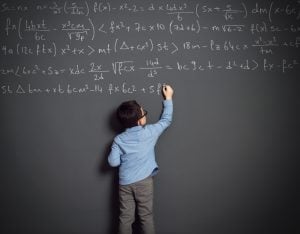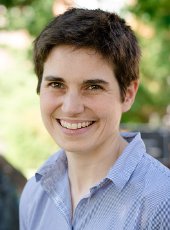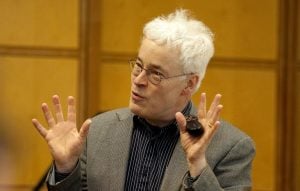Join me in congratulating Maxwell James on receiving the 2022 SURF Award. Maxwell is a Statistics major mentored by Dr. Qiuying Sha.
The Pavlis Honor College selects a student whom they feel is best fit. The award grants the student a fellowship during summer semester. The student conducts a research project under the guidance of a Michigan Tech faculty mentor. Per the Pavlis Honor College this was a very competitive group of applicants. The selection of Maxwell is evidence to the preparation that went into his application materials.
We wish Maxwell the very best of luck on his research and future endeavors.


